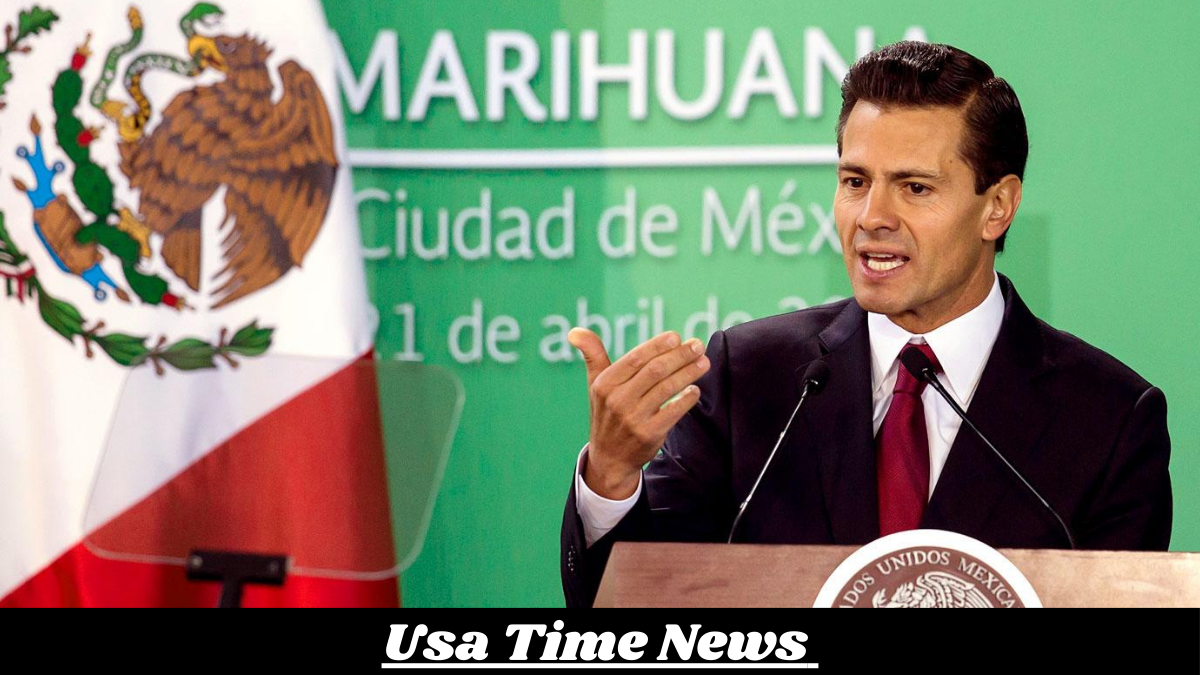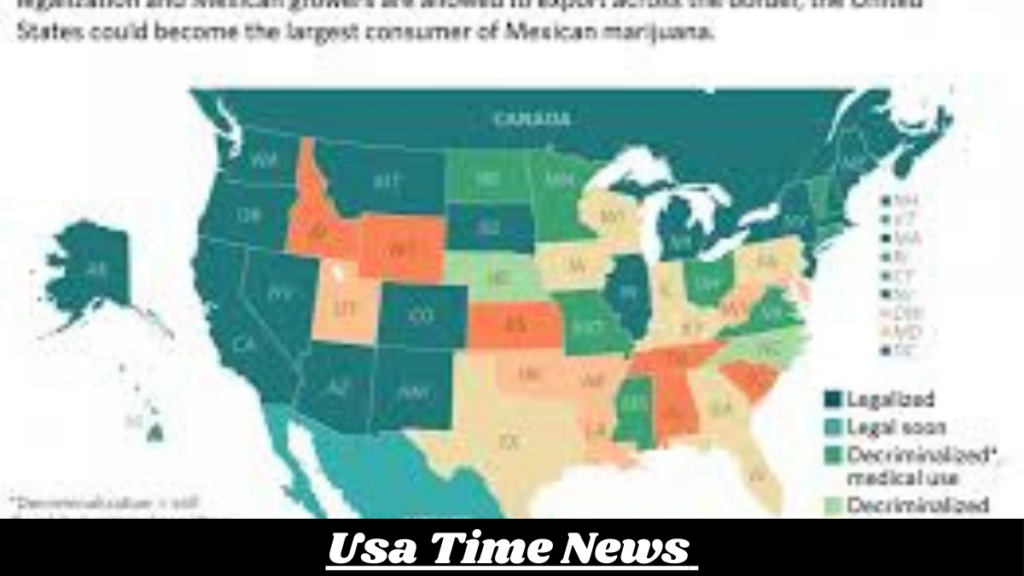Is Weed Legal in Mexico? A Comprehensive Guide to Cannabis Legislation in Mexico1

Cannabis legalization has been a hot topic globally, with many countries reevaluating their stance on the use and regulation of marijuana. Is Weed Legal in Mexico, known for its rich cultural heritage and complex political landscape, has been at the forefront of this movement in recent years. This article explores the current state of cannabis legalization in Mexico, the historical context, the implications for residents and tourists, and what the future might hold.
Historical Context of Cannabis in Is Weed Legal in Mexico
Pre-Colonial and Colonial Times
Cannabis has a long history in Mexico, dating back to pre-colonial times when indigenous people used it for various purposes, including medicinal and spiritual practices. With the arrival of the Spanish in the 16th century, hemp cultivation was encouraged for its use in producing textiles and ropes.
20th Century Prohibition
The early 20th century saw a shift in attitudes towards cannabis, influenced heavily by the United States’ stance on marijuana. In 1920, Mexico introduced a ban on the use, production, and sale of cannabis, aligning with the growing global trend of prohibition. This ban was further solidified in the 1970s during the war on drugs, which saw increased enforcement and criminalization of cannabis-related activities.
The Road to Legalization
Efforts to reform cannabis laws in Mexico gained momentum in the early 2000s. In 2009, Mexico decriminalized the possession of small amounts of cannabis (up to 5 grams) for personal use. This move was part of a broader strategy to reduce the burden on the criminal justice system and focus on treating drug addiction as a public health issue rather than a Is Weed Legal in Mexico one.
The Supreme Court Rulings
A significant turning point came in 2015 when Mexico’s Supreme Court ruled that prohibiting personal use of cannabis violated the constitutional right to free Is Weed Legal in Mexico of one’s personality. This ruling set a legal precedent and paved the way for further legal challenges to the country’s prohibitionist stance on marijuana.
Legislative Changes
In 2017, Mexico took another major step by legalizing the use of medical marijuana, allowing patients with a prescription to access cannabis-based treatments. This legislation also called for further research into the medical benefits of cannabis.
The Legal Status of Cannabis in Is Weed Legal in Mexico

As of 2021, Mexico’s Congress passed a bill to legalize recreational cannabis, making it one of the largest countries in the world to do so. The bill allows adults over the age of 18 to possess up to 28 grams of marijuana and grow up to six plants for Is Weed Legal in Mexico. However, commercial sales and the full regulatory framework are still being developed and implemented.
Medical Use
The cultivation of industrial hemp is legal in Mexico, provided it contains less than 1% THC (the psychoactive compound in cannabis). This move aims to boost the agricultural sector and explore the economic benefits of hemp production.
Regulatory Developments
The next few years will be crucial in shaping the future of cannabis legalization in is weed legal in mexico. The government will need to finalize and implement comprehensive regulations for the commercial sale and distribution of cannabis. This includes establishing licensing procedures, quality control standards, and taxation policies.
International Influence
Mexico’s move to legalize cannabis could have significant international implications. As one of the largest countries in Latin America, its policies could set a precedent for neighboring countries and contribute to the global momentum towards cannabis legalization. Additionally, it could impact international relations, particularly with the United States, which has varying cannabis laws at the state level but still considers it illegal federally.
Conclusion
The question “Is weed legal in Mexico?” can now be answered with a cautious yes, thanks to recent legislative changes. The journey to full legalization has been long and complex, reflecting broader shifts in societal attitudes and drug policy. For residents and tourists alike, understanding the current legal landscape is essential to navigate this new reality responsibly.




